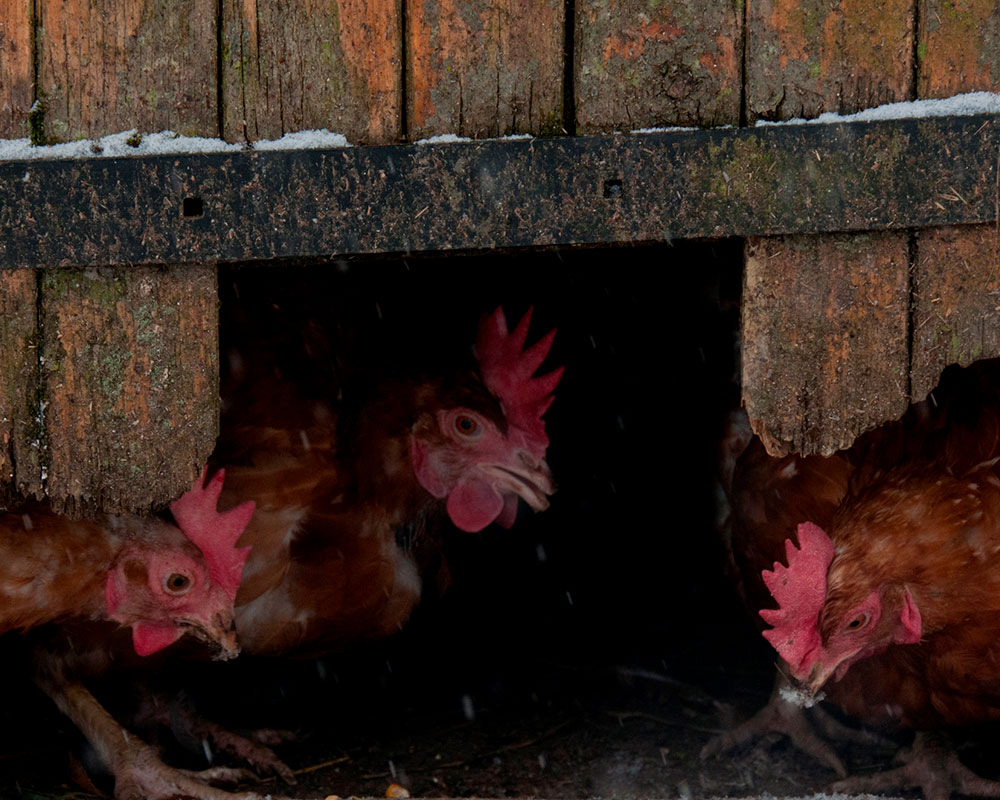The Haverhill City Council made final last week a residents’ right to keep farm animals and took steps to ensure trees chopped down by utilities will be replaced properly.
Speaking for the Board of Health, City Solicitor William D. Cox Jr. asked the Council to make a change in the Haverhill zoning code affecting the number of animals allowed in a home. The ordinance, as written, allows for no more than four pets in one home, but the Board of health asked for changes.
“That you amend the zoning code to delete ‘not to exceed four in total from Section K-19.’ If you approve this ordinance, then the accessory use will then read ‘Accessory keeping of birds or animals as domestic pets subject to approval by the Board of Health,” he explained.
As WHAV reported first early in March, the Board of Health is accepting applications from residents who wish to keep one or more animals as part of, what the board called, “the growing national trend for responsible, small scale agricultural protection.” Health Board Chairman Peter Carbone told WHAV the new regulations are intended to keep up with the times.
“There are a lot of residents of the city that like to raise chickens or other small, domesticated animals, and we needed a safe way for that to happen,” he explained.
Cox said the Board of Health, in reviewing its regulations, concluded that rather than limiting the number of animals to four, each request should instead be reviewed for appropriateness on a case-by-case basis.
Councilors agreed rural areas may allow for more animals versus more densely populated areas and passed the zoning request by a vote of 9-0.
Members also approved a motion from Councilor Melissa J. Lewandowski regarding the cutting of trees by utility companies. That motion was the result of a recent request by National Grid to remove more than 100 trees to install needed power lines.
As reported earlier by WHAV, Lewandowski, Councilor Melinda E. Barrett, representatives of National Grid, Haverhill Arborist Neil Kelleher and interim Public Works Director Robert E. Ward took a second look at the trees in question and agreed most were diseased and must come down.
Lewandowski noted, however, National Grid explained some communities require in instances of significant deforestation, the utility to first work with the local Conservation Commission to determine how many will need to be replaced and with what. She proposed the Council send a letter to Mayor James J. Fiorentini, asking him to follow suit and added “That there can be, as part of the ordinance, a requirement of developers to, when they’re going to have a development of that scale, to put money into our tree fund,” she said.

